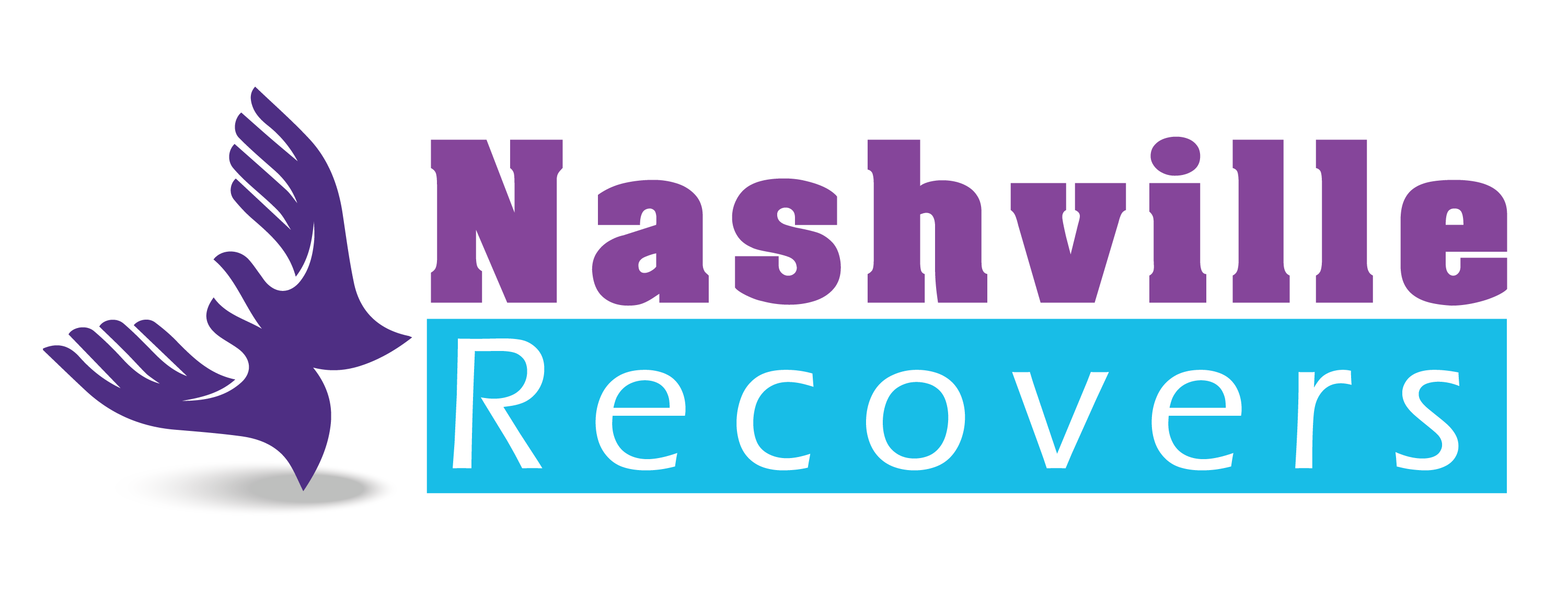 In early recovery, I couldn’t really sit still for five minutes, let alone an hour. My mind is always whirring, often with negative thoughts. Sitting still just lets those thoughts wash over me and put me in a nasty funk.
In early recovery, I couldn’t really sit still for five minutes, let alone an hour. My mind is always whirring, often with negative thoughts. Sitting still just lets those thoughts wash over me and put me in a nasty funk.
But I kept hearing about the importance of listening to God, of doing that by meditating. Clear your mind, I was urged. So in looking for ways to do that, I stumbled across the Against the Stream meditation group, which, in fact, holds meditation meetings for people in recovery on Monday and Wednesday nights.
And here’s the funny/peculiar thing – I found I can clear my mind MUCH BETTER when I’m in a room full of other people trying to do the same thing. Even if that room is in an old restaurant equipment warehouse off Charlotte Avenue in West Nashville. True story.
A leader takes us through some guided meditation for a few minutes, and then we sit in silence – for 20 to 35 minutes — as we try to focus only on our breathing and what’s happening around us in the moment.
I called Dave Smith, chief meditating officer of serenity and mindfulness (I made up that title) for the Against the Stream group (www.AgainstTheStreamNashville.com) to chat about his group.
Q: So if you had to boil down what you folks do in a sentence, what would it be?
A: Using mindfulness meditation to explore the inner experience in learning how to relate to our lives in a more meaningful way.
Q: Wow, that sounds, uh, like an incredibly lofty– and maybe unattainable — goal. What’s step one for new guys like me?
A: Step one is developing mind body awareness, bringing attention into the breathing body and out of the thinking mind. That would be phase one.
Q: And it’s harder than you think, at least for me. My mind is racing!
A: Everyone’s addicted to thinking, so how do we break the addiction to the mind? We have to focus on something else. We start with the body and the breath because they’re so easy to notice.
Q: We’re told at the beginning that this isn’t meant to replace 12-step meetings or treatment.
A: Not really. But for some people, it does. Some people got clean and sober at Against the Stream and have never been to a 12-step meeting. It’s very open in that sense. We don’t have an agenda for people coming in to the room.
It’s meant to be congruent with what you’re already doing. But if you aren’t doing anything else, that’s OK too.
If someone were to ask me, I really like this meeting, should I stop going to the 12-step meetings, I would say no, don’t do that.
Q: Do you get asked that?
A: It happens all the time.
Q: So what’s phase two?
A: Once we’re able to relax, we’re more likely to be able to observe where the mind is being pulled. You can now observe — are you being pulled into the past? Are you being pulled into depression? Where are you being pulled? Once you’re being relaxed, you can come up with that tendency.
Q: And phase three?
A: By relaxing, observing and allowing, we can work with anticipation or resistance. We’re either anticipating something or resisting something all the time. We can work with that reality and not struggle with it so much.
We’re learning to be at ease with the reality of anticipation and resistance.
Q: But not trying to eliminate it.
A: There’s no way to eliminate it.

Recent Comments